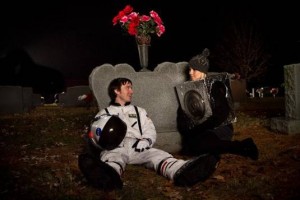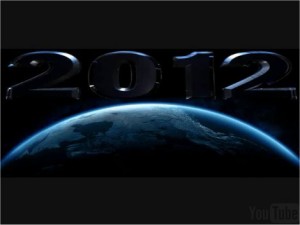Best known for defining the field of Emotional Intelligence, Daniel Goleman has a passion for developing a scientific understanding of the links between the link between the body, mind, and skills. He established himself as a writer over many years at the New York Times, and he taught for some time at Case Western University. Goleman’s thesis is that a leader’s role is unavoidably “primal,” that is, inseparable from the use of emotions and social skills to motivate others. Therefore, a successful leader is one who resonates with other’s emotions, and inspires them to resonate with him/her.
Goleman explores the interplay of emotional intelligence in leaders in three sections:
The Power of Emotional Intelligence
The initial section on what Emotional Intelligence is and how it play out in the leadership context. He explains the physiological process of resonance, and how humans brains are interacting when a leader draws others into their way of thinking. While some concepts may seem common sense (“Good Moods, Good Work”), this scientific point of view leads credence to simple ideas often ignored.
Making Leaders
Since emotions are so important, it follows naturally that self-awareness would be a key feature of one’s own emotions. Goleman explains his concept of “CEO disease”, where leaders find themselves within systems where they cannot be questioned. He goes on to make a care of nature over nuture, that systems of feedback and skills of empathy can be learned. An important key to this is the development of an “ideal self”, that is, an understanding of the type person the leader wants to be.
Building Emotionally Intelligent Organizations
The book ends with a discussion of how the success of a team is dependent on emotional intelligence. A leader who has a firm grasp of their own emotions is able to help teams develop a firm grasp of the reality of the situationand the emotional facts that they bring to the table. Goleman explains how organizations require different types of leaders in different stages, and that a leader must know which stage they are in, and emote accordingly.
Primal leadership is a fascinating study, and the most applicable of Goleman’s works. While much of what he strives to show with science could be arrived at by common sense, his explanations provide framework and inspiration. The biggest takeaway for me has been the idea of articulating my ideal self. I have been afraid to say such things because of past difficulties and failures. However, I found his argument powerful. It is much more than the classic “you can’t hit a target you’re not aiming for.” It shows how mastering your emotions and relationships are inseparable from how you see your self.
Primal Leadership is available in print & digital here.











 Tweets
Tweets